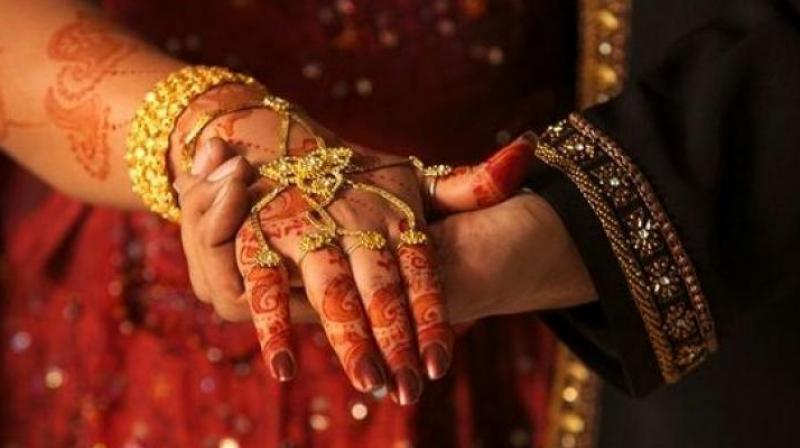Perks of being single
Love for one's self isn't a narcissistic exercise, but a necessary one.

To consider what being single means we must first begin with what it means to not be single. Strictly speaking, it means to be married. More broadly speaking, it means to be romantically partnered. Either way, it’s an identity marker that is dependent on another human being. To be single, fundamentally, is to not have that dependence. Some will read this as not having that support. Others will read it as pure liberation. The first is true, but the second is truer.
The institution of marriage isn’t romantic. It’s a structure that keeps in place a certain status quo: principally based on property inheritance, business transactions and caste endogamy. The glue that holds it all together is patriarchy, the idea that genders have roles and limitations. Over centuries, we’ve come to accept that matrimony is a normal state of being, and that to be outside of wedlock is to have not been good enough for it. That pain is a deeply internalised one, which is why many struggle instead of seeing the possibilities that the privilege of being single offers.
The first among these is love. Love in myriad forms, not tethered to social structures that use it as a gloss (we’ve already discussed the real glue). Love that doesn’t have to lead to marriage, but is built on faith between individuals, without need for the sanction of the state. Love that comes from investing in friendships, not seeing them as a less meaningful kind of relationship. Love that has its roots in compassion, in the ability to spot other people who exist outside of societal systems of any kind, or who suffer because of being within them. Love that isn’t restricted by fairytale narratives. The truth behind the trope of so much pop culture based on self-discovery: profound love for the self.
Love for the self isn’t a narcissistic exercise, but a necessary one. It’s also an altruistic one, because self-love often manifests as the honouring of one’s purpose. Instead of expending energy and emotion on mundane societal expectations, one directs the same into goals and passions.
Singles dismiss the ideal of “having it all”, seeing through its deceptive, highly sexist promises. Instead, they focus earnestly on who they are beyond the role of spouse, parent or in-law. Curer-of-illness, maker-of-art, seeker-of-learning – new pivots of the self. Being single isn’t the point. It’d never be the first thing a single person volunteers about who they are (not even if they’re flirting with you). It is only one point, a kind of nucleus, one that allows for all these prospects, these ways to cherish life in unscripted, unexpected ways.
There are more free-wheeling pleasures too. Amidst ambitious pursuits, leisure time when it comes is purely self-indulgent. Privacy. Disposable income. Undisturbed time. Aesthetic autonomy. The possibility that your next first kiss is but a day or a week or a month away.
Have you noticed how humour around marriage revolves almost exclusively around how bad it is? Yet, people keep entering the institution the way lemmings fall off cliffs. Conversely, the conversation about singledom falls either into the aggressive enjoyment camp or the woe-is-me camp. The truth is not based on either emotion, but on one fundamental principle: freedom. The resolutely single know – there’s no trade-off that’s worth it.
Sharanya Manivannan is the author of The High Priestess Never Marries, HarperCollins India, 2016

